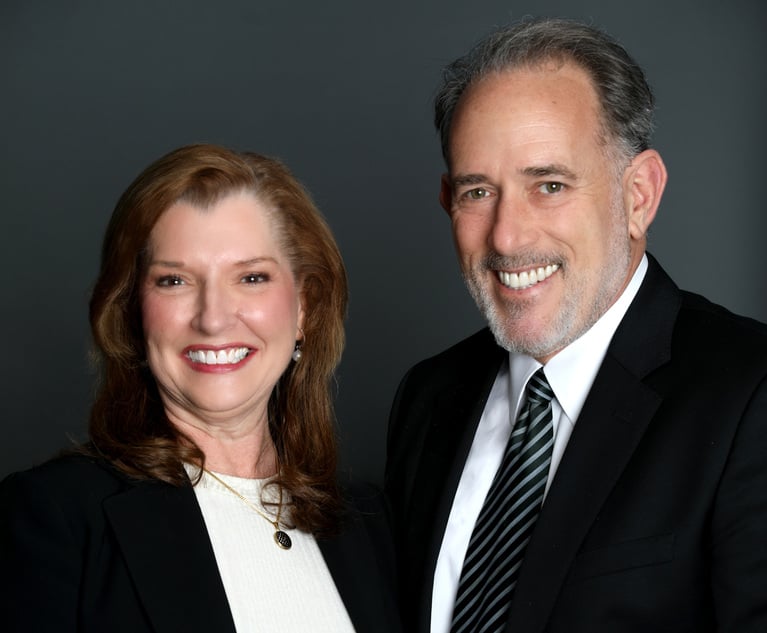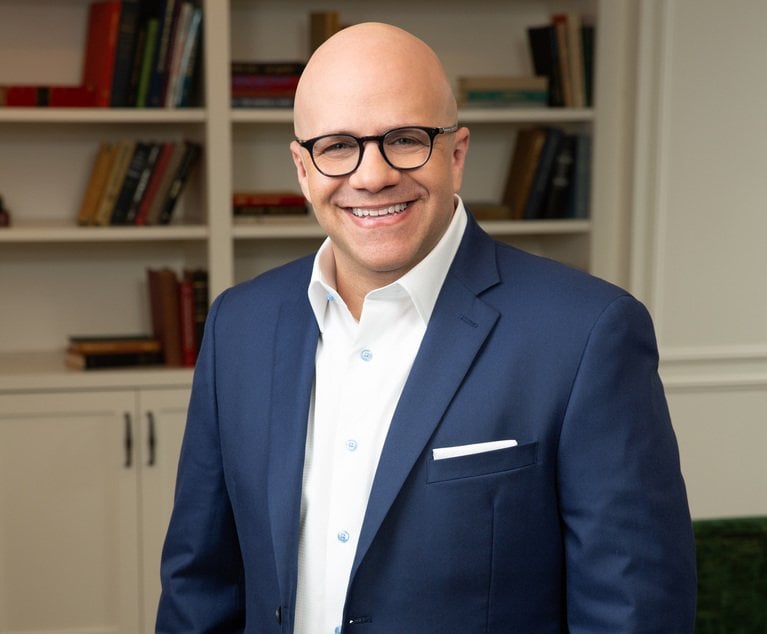There are many conversations about how the legal industry has adapted—or failed to adapt—to the various challenges and disruptions it faces. Lawyers’ own adaptations have been explored considerably less, as has the topic of how well firms have prepared them to adapt. There are at least a few fascinating but under-explored questions in this area that deserve far more attention:
- What does a lawyer need to understand to be a trusted adviser to corporate clients surfing the waves of change in an age of disruption?
- How does the very nature of the legal profession—smart, well-educated, experienced professionals managing known risks based on precedent and experience—sync with a world where the businesses they are counseling are rapidly shapeshifting or disappearing?
- Where does expertise of any sort fit in a completely new world emerging from technological advances as varied as artificial intelligence, the Internet of Things, Big Data, machine learning, space-age materials, robotics, 3-D printing, and every other fantastical advance that is going to utterly reshape our world?
Becoming “The Trusted Adviser” to clients, famously described in the book of the same name published in 2000 by David Maister, Charles Gree, and Robert Galford, has been the perceived sine qua non for lawyer success for at least the past two decades. But given the degree of divergence between the fundamental conservatism of the legal industry and the dynamism that its clients must exhibit to survive in the digital age, one must at least question whether most lawyers are constitutionally capable of truly serving in the trusted adviser role. At a minimum, expectations around what it means to be a trusted adviser need to be updated.










